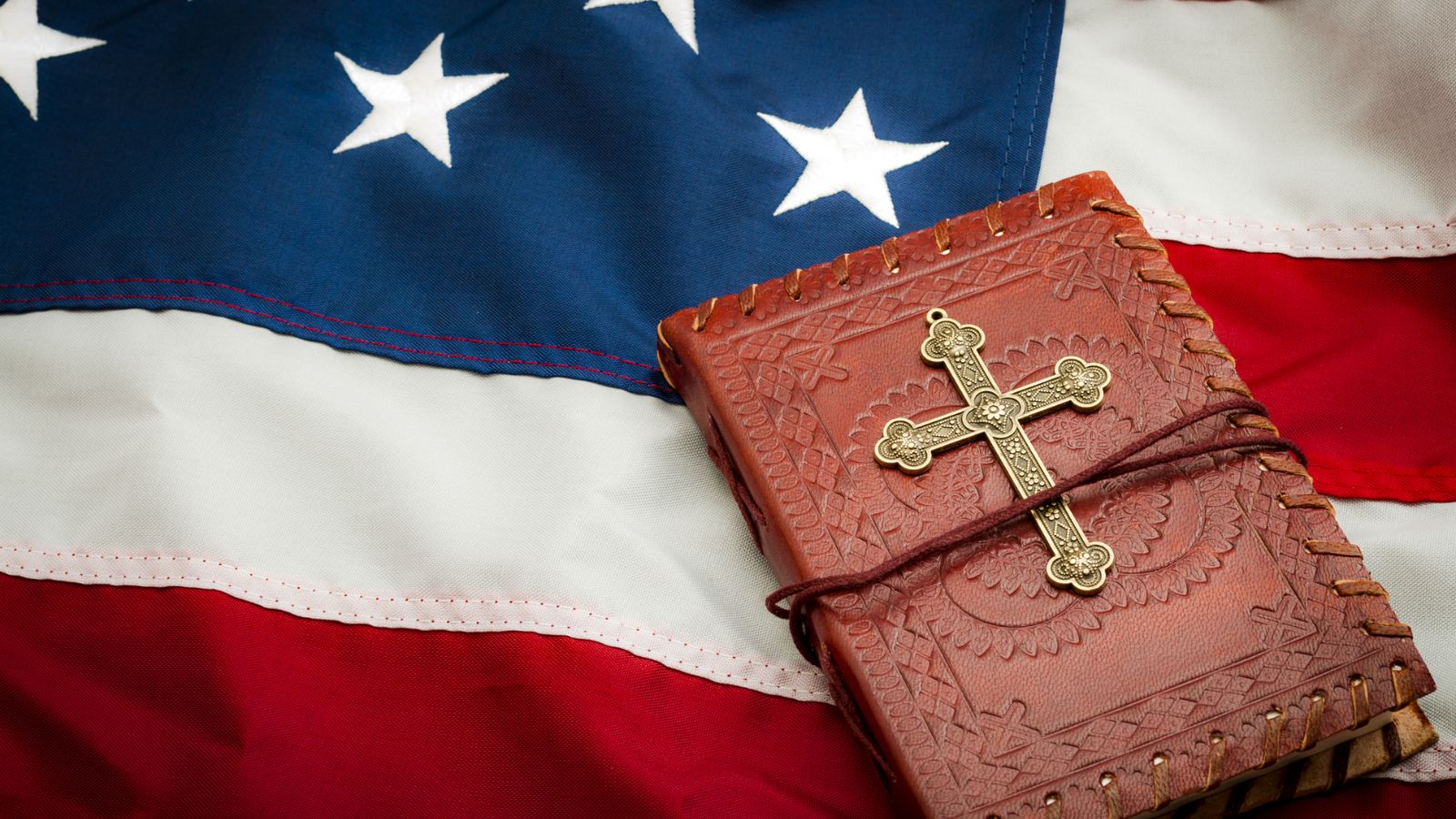The U.S. has always been divided by religion, and as time goes by, that doesn’t appear to be letting up. But why is that the case? We’re getting to the bottom of that question and showing you 19 reasons why the country is so divided on the matter.
Historical Context of Religious Freedom

Religious freedom is a story as old as time in the U.S. It goes back to the foundation of the country and is tied to the First Amendment. Plus, there have been several conflicts over religious practices, such as the Mormon expulsion in Missouri and the boarding school assimilation of Native Americans.
The Rural-Urban Religious Divide
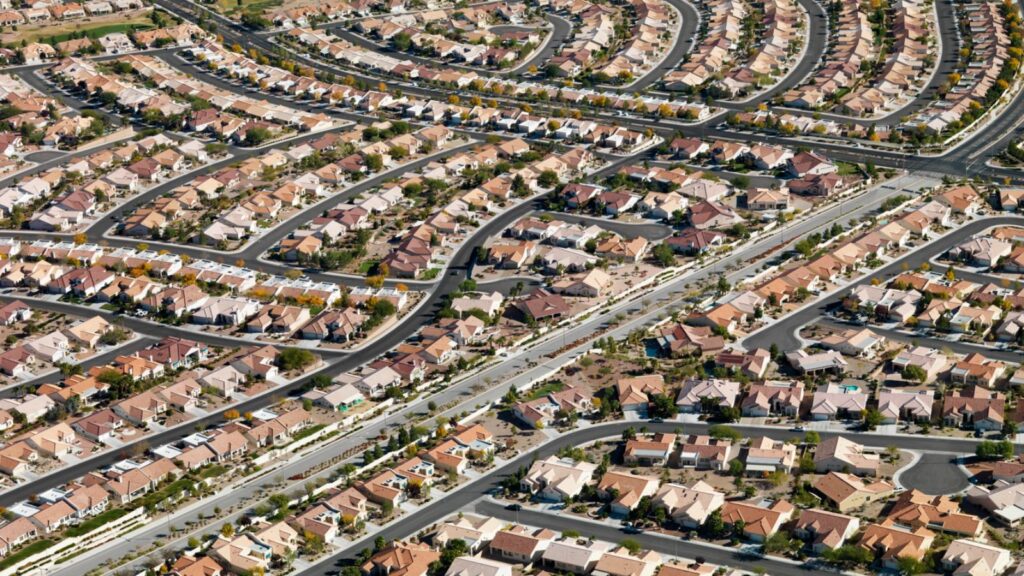
A study by the Pew Research Center showed that as many as 53% of urban dwellers saw a divide between the religious mindsets of those in their areas compared to those in rural territory. It’s no wonder that this causes conflict between people from time to time.
Changing Demographics and Religious Affiliation
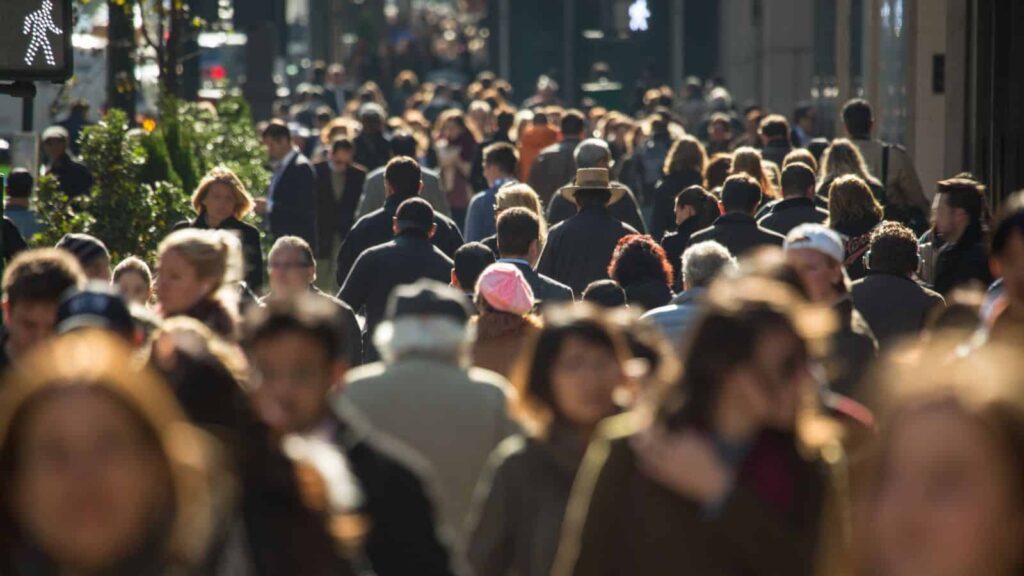
The U.S. sure is changing in terms of the people who live in the country and the religious affiliations attached to demographic groups. For example, young people are less and less likely to want to be Christians, and the older generations aren’t always the most pleased about that.
Political Polarization and Religion

Politics and religion going hand in hand is one of the key combinations that drives division in the U.S. This is so much the case, in fact, that it led The Hill to report that 43% of Americans expect a civil war to break out in the next 10 years!
Media Influence on Religious Perceptions

It’s pretty fair to say that the American media is fairly hands-on when it comes to religion in the U.S. They have a tendency to reinforce stereotypes of religions and this distorts people’s viewpoints of what religious people are actually like, leading to conflict.
Religious Institutions and Social Issues
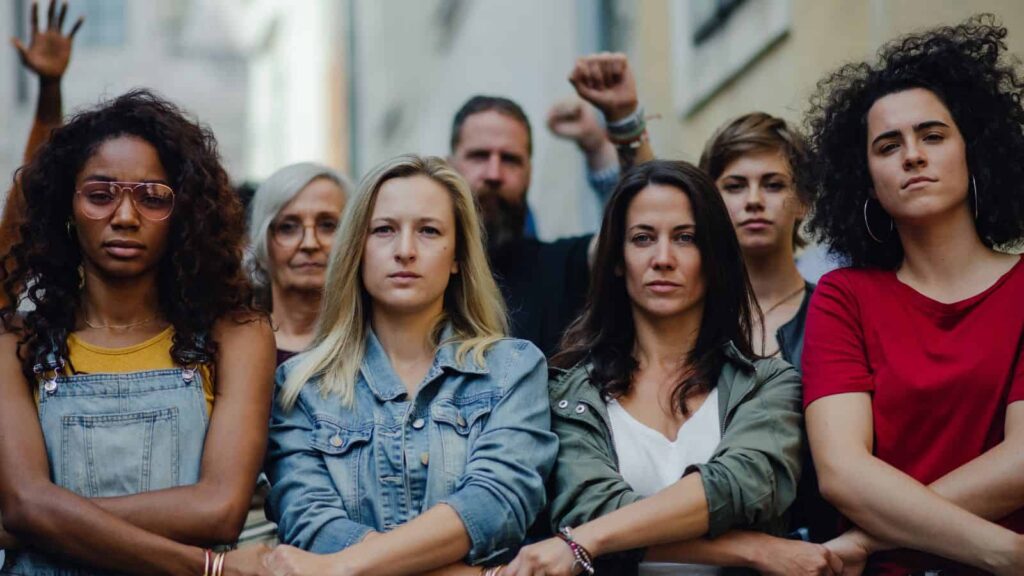
There are a lot of hot social issues going around at the moment, and different religions (as well as different sections of the same religions) are divided on the answers to them. These include LGBTQ+ rights, women’s roles in religion and politics, and more.
Legal Battles Over Religious Symbols and Practices
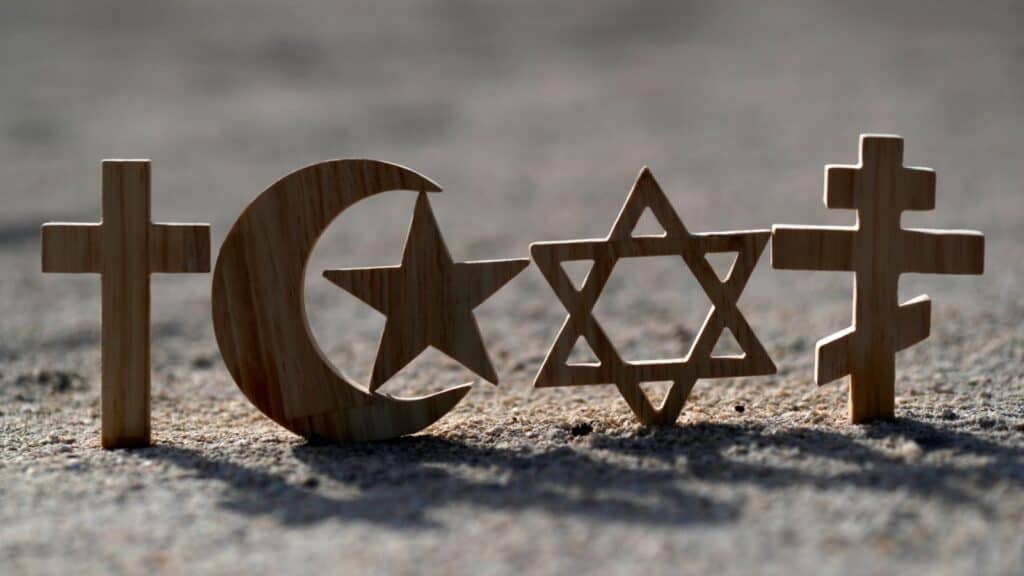
There have always been ongoing debates in the U.S. over the use of religious symbols on public property and the implications that this has on the people subjected to it. Some believe that all schools should ban them altogether, while others want the symbols to be celebrated.
Secularism and Its Impact on Religion
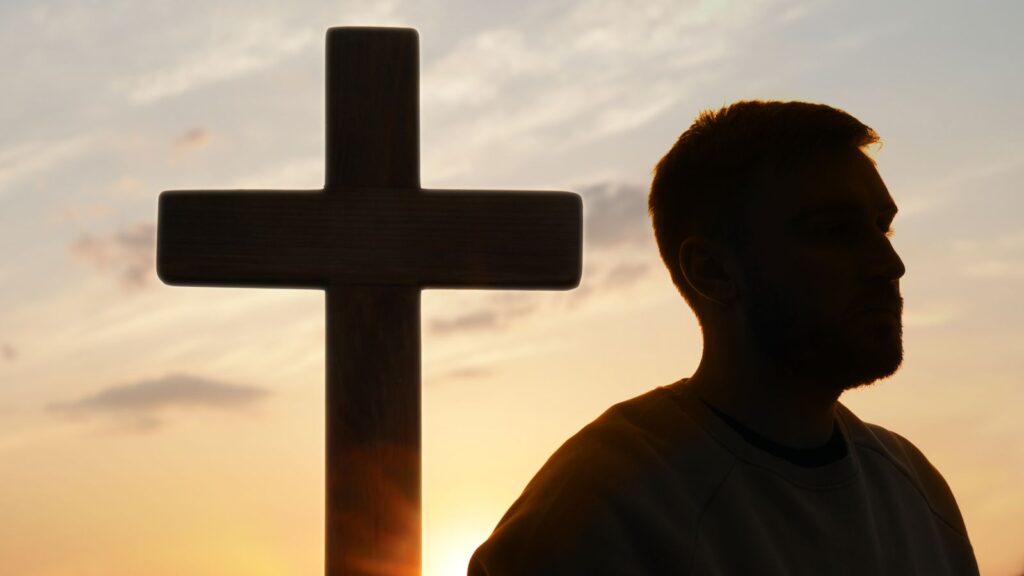
The Washington Post reports that as many as 1 in 4 Americans would now describe themselves as secular, a substantially higher percentage than at any other point throughout history. This has led to another branch of the debate and, arguably, a greater divide.
Interfaith Relations and Community Cohesion
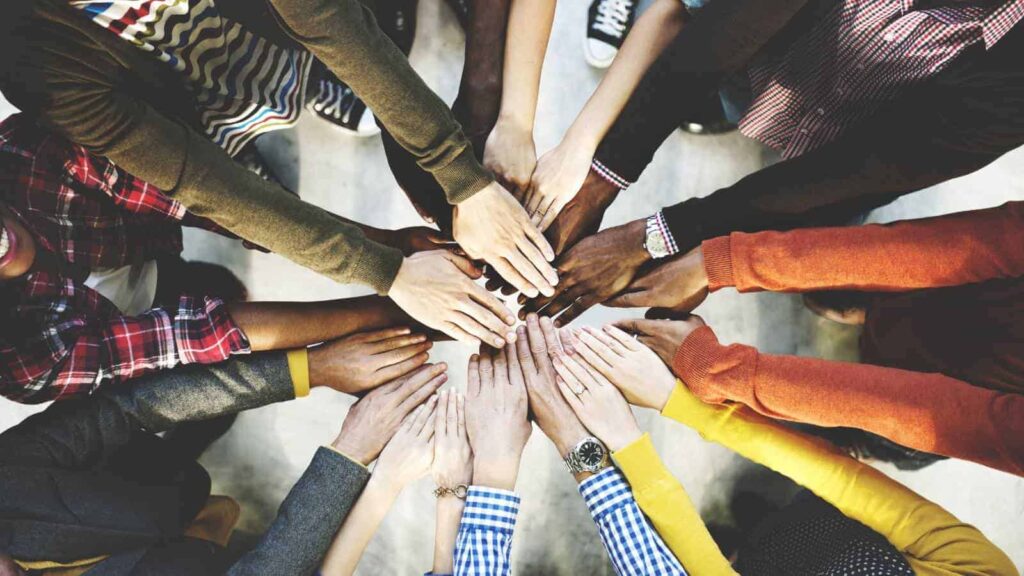
Many years ago, the idea of interfaith relations of any kind would have been frowned upon altogether, but the modern world has changed how many perceive them. Some people want there to be religious diversity, but that’s not the case for many more traditional religious people.
Economic Disparities and Religious Affiliation

The gap between the rich and poor in the U.S. is certainly further fueled by religion. Different branches of Christianity are more likely to be followed by those from particular economic backgrounds, so these groups have a tendency to feel divided from one another.
Influence of Family Structures on Religion

Family dynamics in the U.S. are changing with the rise of single parents and blended families. Religious views on this are generally quite negative from a traditional point of view, but there are some more progressive parts of religion that celebrate this change of dynamics.
Scientific Advancements and Religious Beliefs

The history of science and religion is not a very friendly one. For example, Creationists aren’t big fans of Evolutionism. That’s a conflict that’s as old as time! But as science advances, so too does the conflict between religion and science, as well as different parts of those religions.
Immigration and Cultural Exchange

The impact of new immigrant populations in the U.S. on the religious composition of communities has caused a divide for many people. There are a lot of challenges in certain communities with regard to people feeling like their way of worship has been impacted.
The Role of Religious Education
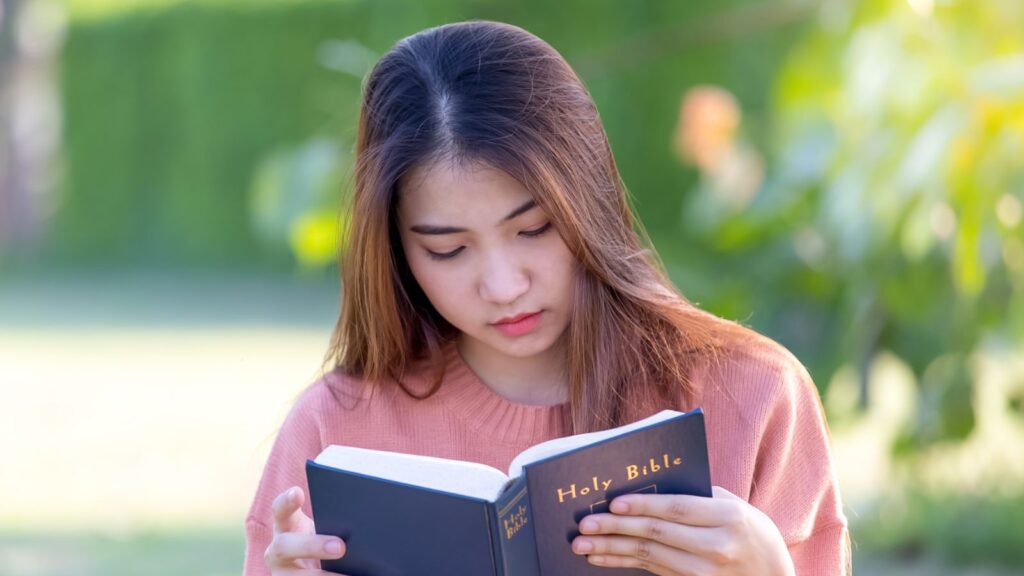
The way that religion is taught in schools has changed a lot over the years, and some people on the more conservative side of Christianity, for example, aren’t too pleased about that. Many would prefer for other religions and faiths not to be taught in schools at all.
The Economics of Religion

Some people in the U.S. aren’t pleased about the fact that there’s a lot of money in Christianity and that many Christians are very wealthy. They believe that wealth should not be allowed and that money should be shared. This is true of some other religions in the U.S. as well.
Religious Leadership and Authority
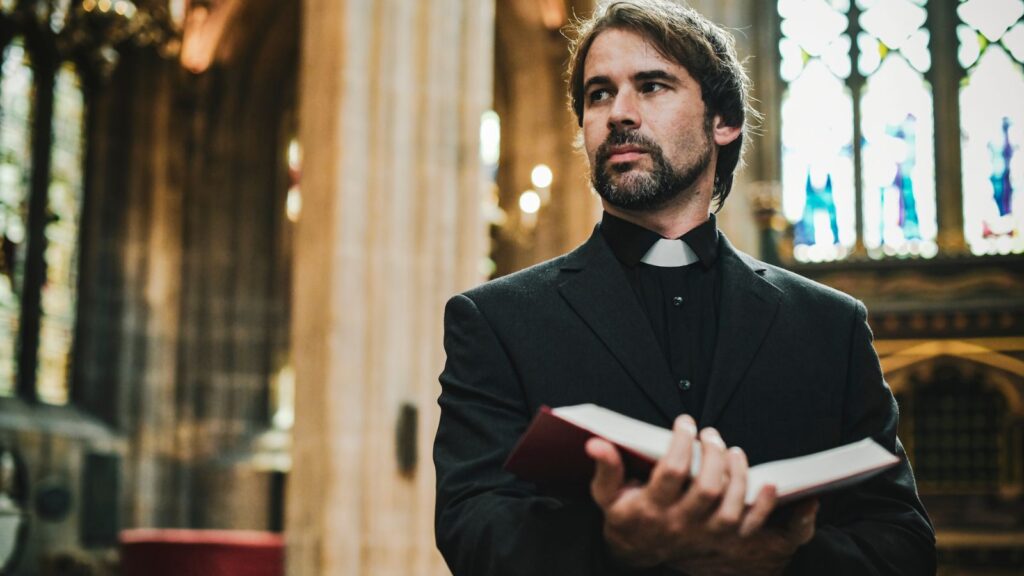
Religious leaders as a concept aren’t what some are looking for, as they believe that their worship should be on a level playing field. Others do believe they need guidance, but even then, there’s a lot of controversy with certain religious elites around the world, which adds fuel to the fire.
Technology’s Impact on Religious Practice

Business ABC tells us that more and more religious people around the world are using technology to get closer to religion. That is, on paper, a great thing, but the more traditionalist religious people among us have a tendency to reject this, which is causing conflict.
Environmental Issues and Religious Responses

Many religious people believe that their religion or others aren’t doing enough to help the environment in the U.S. or around the world. On the other hand, some people believe that religion doesn’t have a direct need to help the environment and should focus on other matters.
National Identity and Religious Beliefs

The national identity of America is changing all the time, and many would prefer for it to go back to how it was in a time when Christianity was the only religion talked about. But this won’t be the case, as public policy has moved on, leaving some traditional religious types feeling upset.
Up Next: 20 Personal Things You Should Never Share With Others
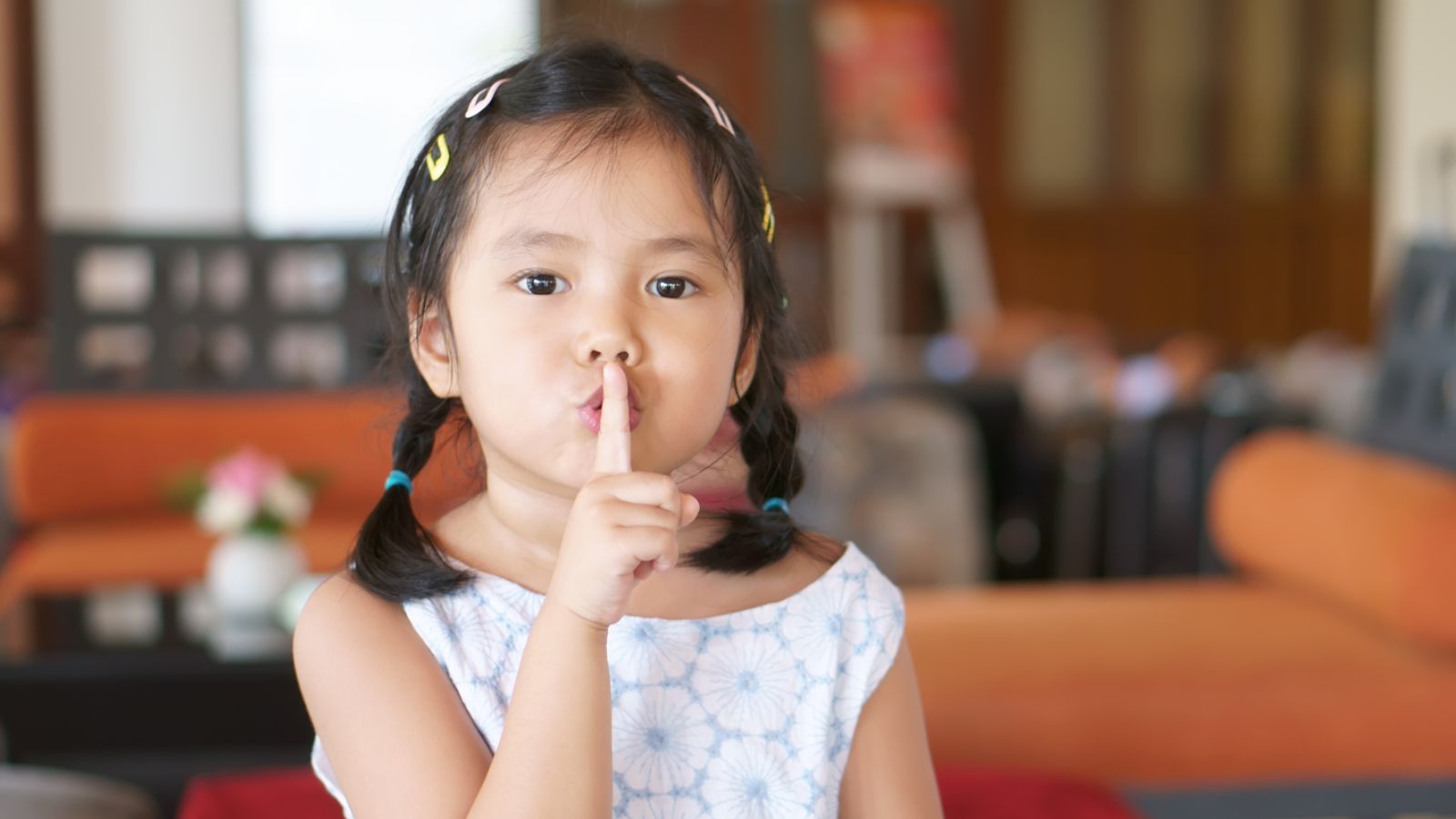
Building meaningful connections with others requires a certain level of transparency and trust, but that doesn’t mean you have to tell your friends and family members everything! Some aspects of our lives are too personal, incriminating, or risky to share. This article explores 20 aspects of your personal life that you should always keep confidential.
20 Personal Things You Should Never Share With Others
18 Things Everyone Forgets to Include in Their Will—But Shouldn’t

Wills and estate plans are essential ways to ensure what will happen to your belongings and property when you die or are incapacitated. However, people often forget to include important information in their wills before it’s too late, complicating matters for their descendants. Here are the 18 common things people forget to include in their will.
18 Things Everyone Forgets to Include in Their Will—But Shouldn’t
18 Items at Walmart that Aren’t Worth Your Hard-Earned Money

For many of us, Walmart is the go-to superstore. Whether we need groceries, clothing, or technology, Walmart is a one-stop shop for everything you would need. However, there are some Walmart products you should avoid at all costs, such as the following 18 examples.
18 ITEMS AT WALMART THAT AREN’T WORTH YOUR HARD-EARNED MONEY

